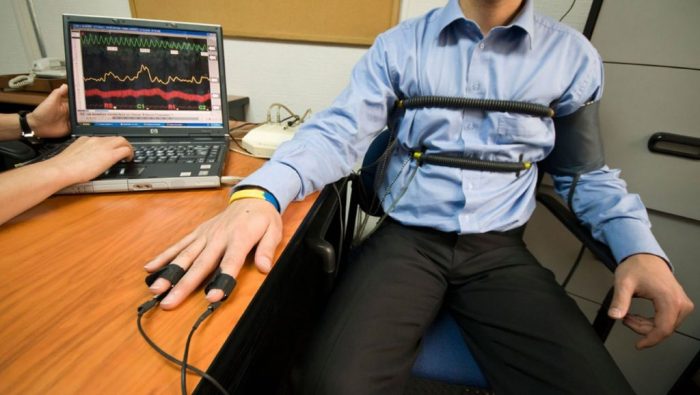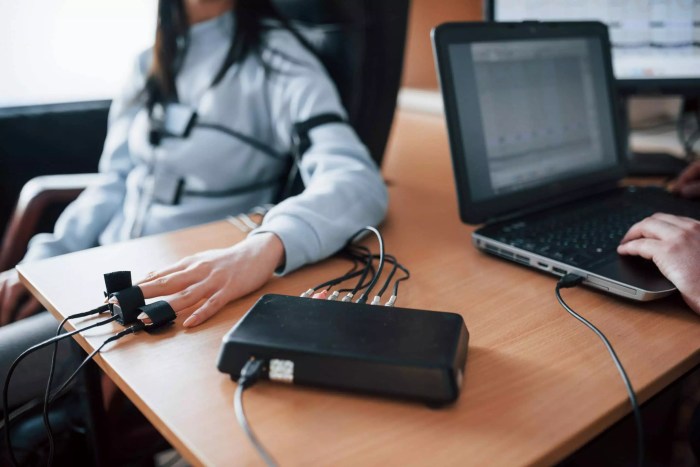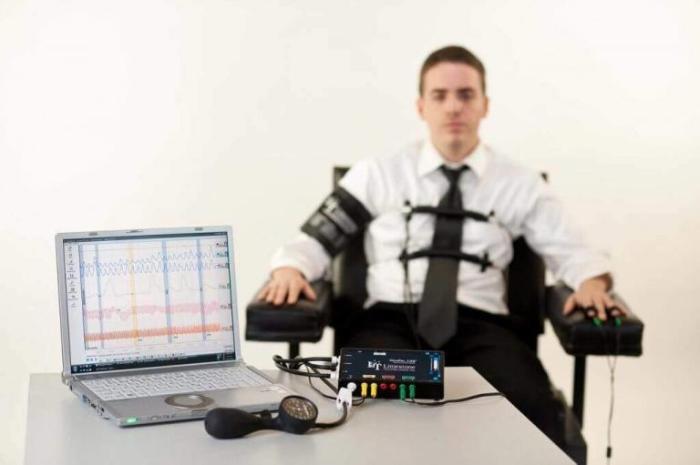Que preguntas hacen en una prueba de polÃgrafo – Que preguntas hacen en una prueba de polígrafo?Understanding the questions asked during a polygraph test is crucial for individuals preparing to undergo this examination. Polygraph tests, also known as lie detector tests, are designed to detect deception by measuring physiological responses to specific questions.
This comprehensive guide delves into the various types of polygraph tests, the common questions asked, and strategies for preparing for and interpreting the results. By exploring the intricacies of polygraph testing, we aim to empower individuals with the knowledge necessary to navigate this process effectively.
Overview of Polygraph Tests

Polygraph tests, also known as lie detector tests, are a form of psychophysiological assessment used to detect deception by measuring physiological responses to questions.
Polygraph tests are based on the assumption that lying induces physiological changes, such as increased heart rate, respiration, and perspiration. By measuring these changes, a polygraph examiner can infer whether a person is being truthful or deceptive.
There are two main types of polygraph tests: the control question test (CQT) and the guilty knowledge test (GKT).
The CQT compares a person’s physiological responses to relevant questions (about the crime under investigation) with their responses to irrelevant control questions (about unrelated topics). If the person’s responses to the relevant questions show a greater physiological response than their responses to the control questions, this is taken as an indication of deception.
The GKT is used when the examiner has specific information about the crime that only the perpetrator would know. The examiner asks the person a series of questions, including some that contain the specific information. If the person’s physiological responses to the questions containing the specific information show a greater response than their responses to the other questions, this is taken as an indication that they have knowledge of the crime.
Questions Asked in Polygraph Tests
The questions asked in a polygraph test vary depending on the type of test being conducted and the specific circumstances of the case. However, some common questions that are often asked include:
- Are you now or have you ever been involved in any illegal activities?
- Have you ever stolen anything?
- Have you ever lied to anyone about anything important?
- Have you ever been unfaithful to your spouse or partner?
- Have you ever committed a violent crime?
In addition to these general questions, the examiner may also ask more specific questions related to the specific case being investigated.
Preparation for Polygraph Tests

It is important to prepare for a polygraph test in order to minimize stress and anxiety and to ensure that you are able to perform your best. Here are some tips for preparing for a polygraph test:
- Get a good night’s sleep before the test.
- Eat a healthy breakfast on the day of the test.
- Avoid caffeine and alcohol before the test.
- Dress comfortably and in layers, as the temperature in the testing room may fluctuate.
- Arrive at the testing center on time.
- Be honest with the examiner about any medical conditions or medications you are taking.
- Listen carefully to the examiner’s instructions and follow them carefully.
Interpreting Polygraph Results: Que Preguntas Hacen En Una Prueba De PolÃgrafo

Polygraph results are interpreted by comparing the person’s physiological responses to the relevant questions with their responses to the control questions. If the person’s responses to the relevant questions show a greater physiological response than their responses to the control questions, this is taken as an indication of deception.
However, it is important to note that polygraph tests are not 100% accurate. There are a number of factors that can affect the results of a polygraph test, including the person’s emotional state, their physical health, and their ability to control their physiological responses.
Therefore, polygraph results should not be used as the sole basis for making a decision about a person’s guilt or innocence. They should be considered in conjunction with other evidence and information.
Legal and Ethical Considerations
The use of polygraph tests is controversial. Some people argue that they are an effective tool for detecting deception, while others argue that they are unreliable and can be used to coerce confessions from innocent people.
In the United States, polygraph tests are not admissible as evidence in criminal trials. However, they can be used in pre-employment screening and in some other limited circumstances.
It is important to be aware of the legal and ethical implications of polygraph testing before taking a test.
Alternative Methods to Polygraph Tests
There are a number of alternative methods to polygraph tests that can be used to detect deception. These methods include:
- Voice stress analysis: This method measures changes in a person’s voice when they are lying.
- Brain fingerprinting: This method measures electrical activity in the brain when a person is presented with stimuli related to a crime.
- Oculomotor deception detection: This method measures eye movements when a person is lying.
These alternative methods are still under development, but they show promise as potential replacements for polygraph tests.
Frequently Asked Questions
What types of questions are asked in a polygraph test?
Polygraph tests typically include a mix of general screening questions, specific incident questions, and control questions. Screening questions assess an individual’s overall truthfulness, while incident questions relate to the specific issue being investigated. Control questions are designed to elicit a strong physiological response, providing a baseline for comparison.
How can I prepare for a polygraph test?
To prepare for a polygraph test, it is important to get a good night’s sleep, stay hydrated, and avoid caffeine and alcohol. It is also helpful to practice relaxation techniques to manage stress and anxiety during the test.
What are the limitations of polygraph tests?
Polygraph tests are not foolproof and can be influenced by various factors, including the skill of the examiner, the emotional state of the subject, and the presence of countermeasures. The results of polygraph tests should be interpreted with caution and considered in conjunction with other evidence.